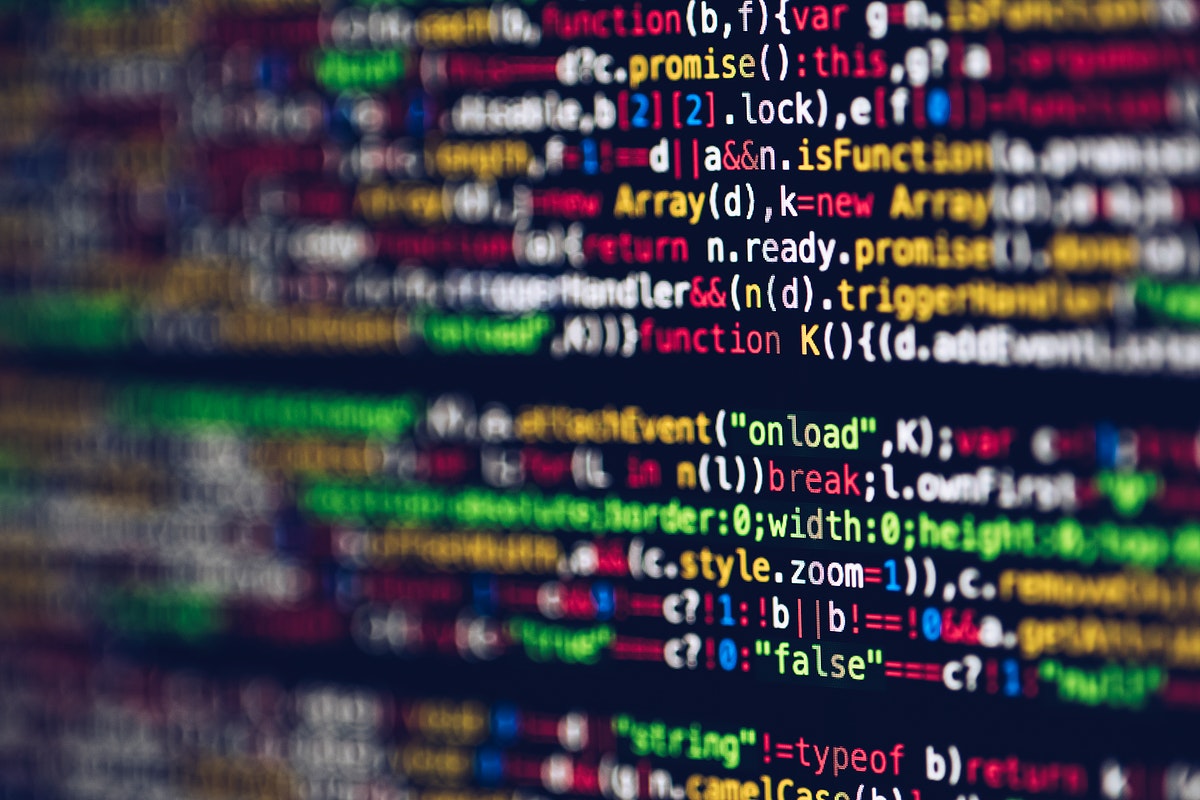Artificial Intelligence (AI), a concept that dominates the focus of those working in technology, adjacent in technology, and concerned about technology, is often misunderstood by outsiders. Medium offers an easy explanation: “(AI is) algorithms to classify, analyze, and draw predictions from data” or “using computers to do things that traditionally require human intelligence.” AI has widespread implications for economic development, income inequality and employment, and importantly – national security. These implications have encouraged governments to become involved in catalyzing innovation and development in AI.
It is no secret that international competition between the U.S. and China continues to grow with increased tension in security, technology, and privacy. In June 2021, the Biden administration launched the National Artificial Intelligence Research Resource Task Force. The accompanying press release emphasized the importance of AI for economic development and maintaining America’s place as a leading innovator of breakthroughs in science and technology. This rhetoric is not new; the Trump administration’s AI platform prioritized research and development. Given this continued fear over the power of AI and who will lead the industry – how are the U.S. and China both fostering AI?
The U.S. federal government has developed AI policy since 2016. The Obama administration outlined key areas of importance including research, public uses such as business intelligence and optimization, governance, and of course security. Trump’s National Science and Technology Council, the Department of Homeland Security, the Department of Defense, and other federal entities published a flurry of AI related plans, strategies, and executive orders. These plans outline the importance of maintaining US supremacy in AI, emphasizing the need to invest in research and set technological standards for AI development.
In 2021 the U.S. Department of Commerce announced a larger push to improve U.S. technological capabilities and competitiveness. This plan created regional innovation clusters, some of which are focused on AI that will attract top talent, investment, and favorable regulation to specific geographic locations. AI development has increased tensions domestically due to growing U.S. income inequality and increasing concerns about the economic and political power of big tech companies. Other implications of AI that have resulted in public anxiety include automation and concerns about data privacy. These concerns are real. In hopes of mitigating these impacts, the Biden administration is prioritizing diversity and inclusion while focusing on technological development, aiming to increase the number of U.S. citizens that benefit from innovation in and adoption of A.I. and other related technologies. Meanwhile, the Chinese government has not had to worry as intensely about these concerns, due to their one-party system, relatively high social mobility for the middle class, and social control via fear and surveillance.
Chinese leadership has consistently emphasized the importance of key technologies including AI. The Made in China 2025 plan outlines the importance of AI for national defense, articulating the importance of combining AI and military systems. Chinese leadership sees AI as key to both economic and military success. The Chinese Communist Party (CCP) seeks greater AI research and development while reducing dependence on technology imports. To meet its long-term goals, the CCP has implemented a massive set of national AI strategies, which Medium classifies as the most comprehensive of any national plan. Chinese plans include massive government investment into research and education; targeted innovation programs on relevant technologies including robotics, drones, and autonomous vehicles; the creation of an AI research park in Beijing; and attracting top AI talent to work in China or collaborate with Chinese researchers/industry.
The Chinese government has worked to set guidelines and standards for the development of AI – designating a class of national champions, or designated firms within a specific industry to receive preferential regulation and support, to oversee the development of different AI platforms and competencies. The People’s Liberation Army (PLA) also has their own approaches and initiatives, as statements from officers indicate the technology is of interest to them as well. It should also be said that there are many applications of AI which the Chinese government has been testing to use for internal security purposes and governance, such as facial recognition software, social credit scores, and internet restrictions. These are just some notable examples of AI’s internal security applications.
Both nations have clearly pivoted towards AI – and both readily note that international competition is a key focus. There are, however, domestic applications for economic wellbeing. Each country’s approach is different, but with largely the same goal: gaining and maintaining supremacy in AI. The implications AI will have for security are great, yet there is much to be gained by developing the technology and harnessing it for public good. The question is: how will the international community grapple with AI capabilities being applied in the security space, and how will this be handled with continually rising tensions between the U.S. and China?
Caroline Wesson is a third year PhD student studying Political Science at George Mason University where she is a President’s Scholar and a graduate research assistant. She also holds a bachelor’s and master’s in International Affairs from the Georgia Institute of Technology. Caroline is currently working on research related to the intersection of culture, technology, and economic development. In the security realm Caroline produces research on national innovation systems, strategic trade, and emerging technology. Caroline was a research intern with Center of Strategic and International Studies in 2019 and worked on their China Power Project. In the summer of 2020 Caroline was a Summer Associate at RAND working on issues related to the international scientific research community and security. Caroline also serves as the Managing Editor for the Arts and International Affairs journal.
Photo can be found here.




